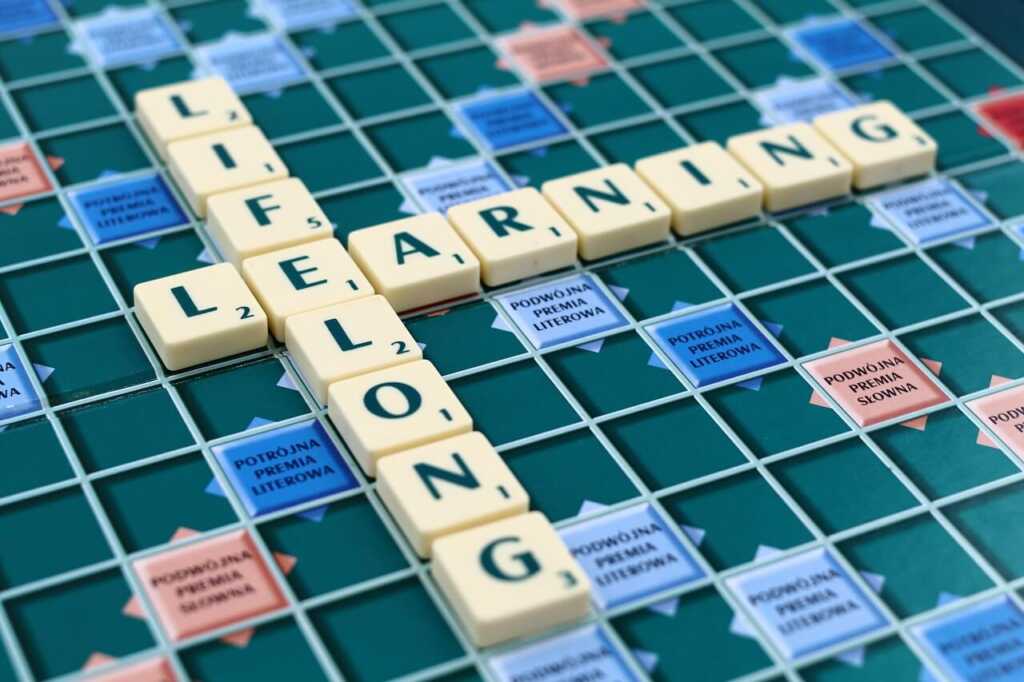Word games have long been a favorite pastime for everyone, offering a fun and engaging way to exercise the mind, expand vocabulary, and sharpen linguistic skills. Whether you’re a casual player looking for leisurely entertainment or a competitive wordsmith aiming for victory, mastering the art of word games requires strategy, creativity, and a solid understanding of language mechanics. This comprehensive guide delves into proven techniques, tips, and strategies to help you dominate word games and emerge victorious in every match.

Expand Your Vocabulary
Building a robust vocabulary is essential for success in word games, as it allows you to form longer, higher-scoring words and outmaneuver your opponents. Dedicate time to learning new words, especially those commonly used in word games, such as two-letter words, prefixes, suffixes, and high-value tiles. Utilize resources such as dictionaries, word lists, vocabulary-building apps, and online word generators to expand your lexicon. Explore online, where you may come across unscramble words, a site dedicated to helping players enhance their word game skills by providing tools and resources for word discovery by quickly taking all the letters from any words or letter combinations you input, then quickly finding all the valid words that can be made from those letters in the dictionary. Study word patterns, word roots, and word families to enhance your word-finding abilities and improve your overall gameplay.
Know Your Game
It’s crucial to familiarize yourself with the rules, scoring system, and gameplay mechanics. Whether you’re playing Scrabble, Boggle, Words With Friends, or any other word game, take the time to read the instructions thoroughly and understand how the game is played. Pay attention to specific rules governing word formation, tile placement, bonus squares, and score multipliers. Understanding these nuances will give you a competitive edge and prevent costly mistakes during gameplay.
Strategic tile placement can significantly impact your score and overall performance in tile-based word games like Scrabble or Words With Friends. Aim to maximize the value of each word by strategically placing tiles on bonus squares, such as double letter, triple letter, double word, and triple word score spaces. Focus on creating parallel words, extending existing words, and strategically utilizing premium tiles like the letter “S” or “R” to capitalize on scoring opportunities. Avoid leaving openings for your opponents to exploit, and maintain control of the game board by blocking access to lucrative scoring spaces.
Prioritize Short, High-Value Words
While forming long words can yield impressive scores, prioritizing short, high-value words can be equally effective in word games. Two-letter words, in particular, are valuable assets that allow you to capitalize on bonus squares and maintain control of the game board. Familiarize yourself with common two-letter words like “XI,” “ZA,” “QI,” and “JO,” as they can serve as valuable tools for strategic maneuvering and scoring points in tight spaces. Additionally, focus on forming words with high-value letters like “Z,” “Q,” “X,” and “J,” as they can significantly boost your score with minimal effort.
Think Strategically
Successful word game players approach each move strategically, anticipating their opponents’ next moves and adapting their gameplay accordingly. Develop a strategic mindset by analyzing the game board, assessing available tile combinations, and planning your moves several turns in advance. Consider the distribution of letters, potential word placements, and scoring opportunities when formulating your strategy. Anticipate your opponents’ strategies and block their access to bonus squares or high-scoring areas whenever possible. By thinking strategically and staying one step ahead, you can outmaneuver your opponents and secure victory in every game.
Consider the potential impact of each move on the overall game dynamics and strive to maintain flexibility in your strategy to adjust to changing circumstances. Additionally, pay attention to your opponent’s playing styles, word choices, and patterns to gain insights into their strategies and preferences. Adaptability, foresight, and calculated risk-taking are critical components of successful strategic gameplay in word games.
Master the Art of Bluffing
Bluffing is a powerful technique used by skilled word game players to deceive their opponents and gain a competitive advantage. In games like Scrabble or Words With Friends, bluffing involves playing plausible-looking words that may or may not be legitimate to confuse or intimidate your opponents. Master the art of bluffing by strategically placing tiles to create ambiguous word formations or utilizing uncommon letter combinations to catch your opponents off guard. Maintain a poker face and exude confidence in your word choices to sell the illusion of legitimacy. However, use bluffing sparingly and strategically, as overreliance on this tactic can backfire if challenged by vigilant opponents.
You must gauge your opponents’ receptiveness to bluffing and adapt your strategy based on their playing styles and tendencies. Additionally, bluffing should be employed judiciously and as part of a broader strategic approach rather than as a sole tactic. Remember that effective bluffing requires finesse, intuition, and a deep understanding of your opponents’ psychology, so practice patience and observation to master this skill over time.
Practice, Practice, Practice
As with any skill, mastering word games requires consistent practice, dedication, and perseverance. Set aside regular time for practice sessions, whether playing solo games, competing against friends and family, or participating in online tournaments. Experiment with different strategies, word formations, and tile placements to refine your gameplay and identify areas for improvement. Analyze your performance after each game, recognize patterns, and learn from your mistakes to continuously elevate your skills and performance.
Use online resources, word game communities, and practice platforms to hone your skills, challenge yourself against skilled opponents, and stay updated on the latest strategies and techniques. Joining word game forums or social media groups can provide valuable insights, feedback, and support from fellow enthusiasts. Remember that progress takes time and effort, so stay motivated, stay curious, and keep pushing yourself to improve with each practice session.

Word games offer a stimulating and intellectually rewarding experience for players of all ages, challenging them to think critically, expand their vocabulary, and outmaneuver their opponents with strategic prowess. By mastering the techniques outlined in this guide, you can elevate your word game skills, increase your chances of success, and emerge victorious in every match.
Remember to approach each game strategically, prioritize high-value words, and adapt your gameplay to outsmart your opponents. With dedication, practice, and a passion for words, you can become a formidable game player and enjoy countless hours of entertainment and intellectual stimulation.





